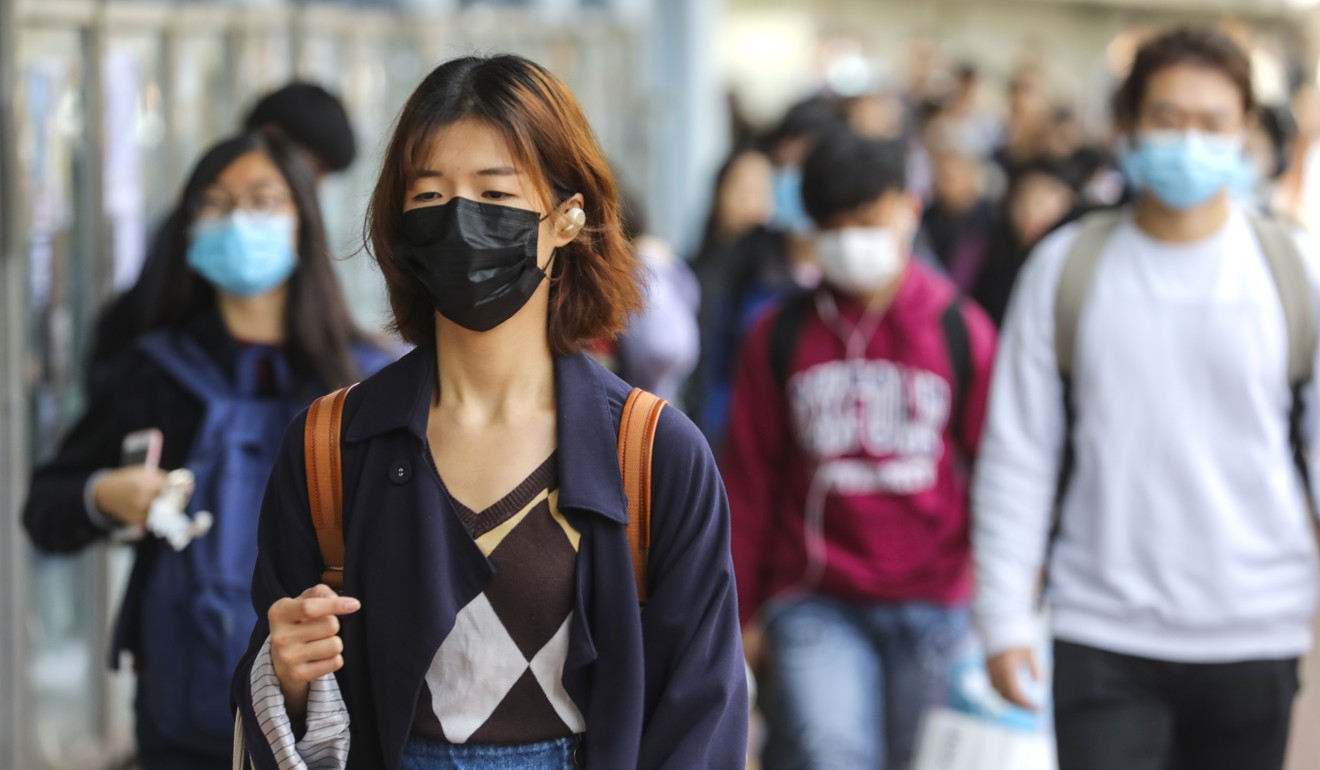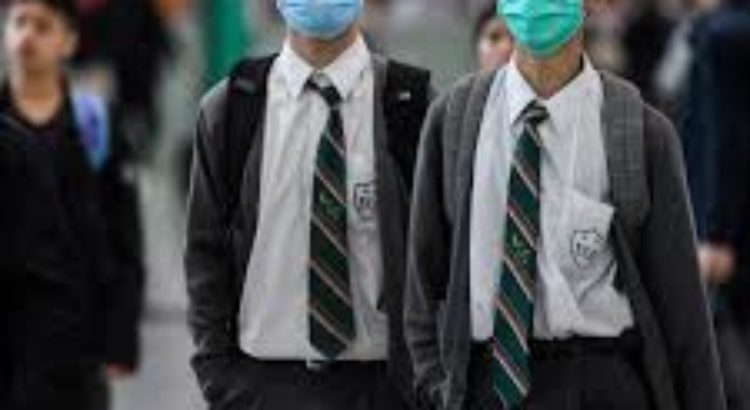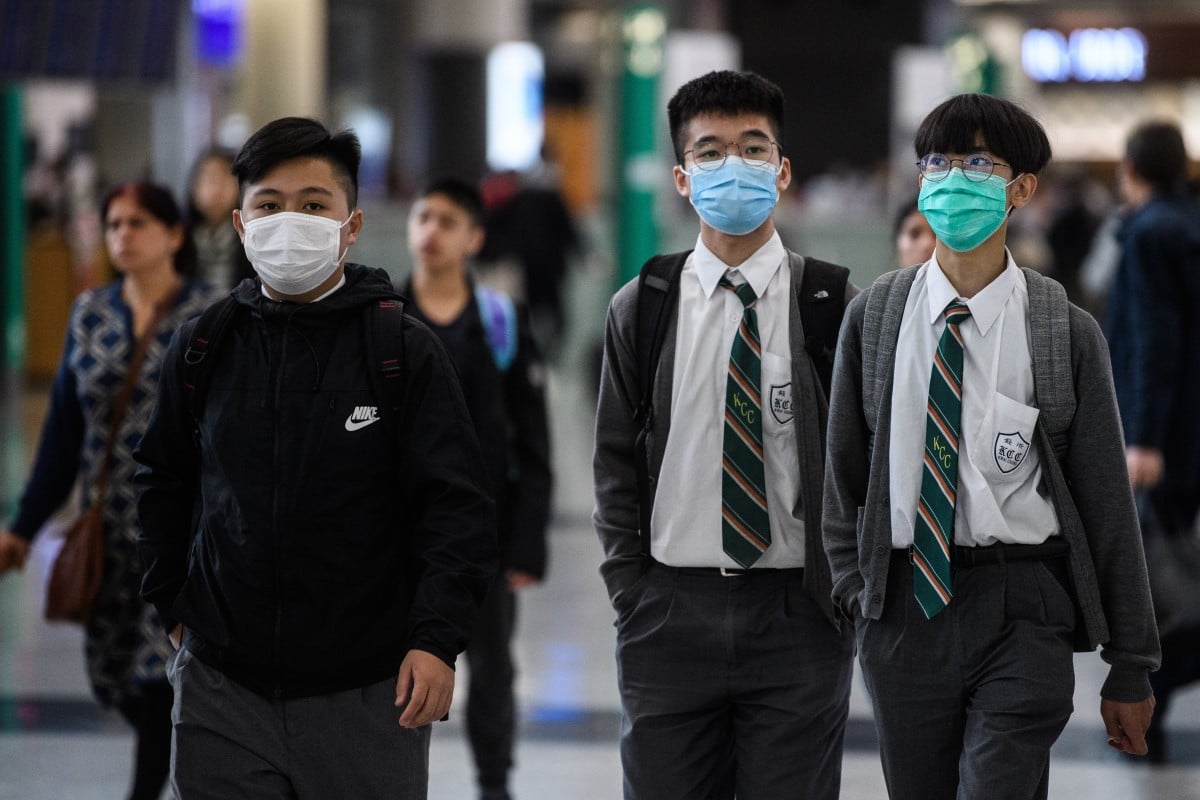The education sector must stay vigilant
Scrapping or delaying exams may upset study schedules and add to the stress of tens of thousands of Hong Kong students, but they are necessary steps to avoid aggravating the public health crisis posed by the coronavirus
As the new coronavirus spreads wider, many public activities have been forced to scale down or be suspended, and justifiably so. Among them are classes and examinations.
The possibility of scrapping or delaying some exams by up to a month may upset study schedules and add to the stress of tens of thousands of Hong Kong students, but they are necessary steps to avoid aggravating the public health crisis.
Under the options considered by the Education Bureau, the Chinese-language speaking exams may be put back from mid-March to late May, while keeping the original schedule for written exams for most subjects. The other option is to postpone all written exams until April 24 to May 25, with the Chinese and English speaking exams cancelled.
It is still unclear which option will be adopted. But the alert seems to give students – especially cross-border ones – enough time to make suitable preparations.
Those returning from the mainland may need to be quarantined for 14 days before attending an exam, if that measure is still required at the time. No less important are the precautionary arrangements to minimise the risk of infection at exam venues.
Taking the body temperatures of students is essential, as is the provision of surgical masks to strengthen protection.
Appropriate policies and measures adopted by education authorities are always useful references for schools and students. But concerted efforts are needed to stop campuses and exam venues from becoming breeding grounds for disease. The responsibility is as much the government’s as it is the stakeholders’.
As the new coronavirus spreads wider, many public activities have been forced to scale down or be suspended, and justifiably so. Among them are classes and examinations.
The possibility of scrapping or delaying some exams by up to a month may upset study schedules and add to the stress of tens of thousands of Hong Kong students, but they are necessary steps to avoid aggravating the public health crisis.
Under the options considered by the Education Bureau, the Chinese-language speaking exams may be put back from mid-March to late May, while keeping the original schedule for written exams for most subjects. The other option is to postpone all written exams until April 24 to May 25, with the Chinese and English speaking exams cancelled.
It is still unclear which option will be adopted. But the alert seems to give students – especially cross-border ones – enough time to make suitable preparations.

Those returning from the mainland may need to be quarantined for 14 days before attending an exam, if that measure is still required at the time. No less important are the precautionary arrangements to minimise the risk of infection at exam venues.









 Users Today : 15
Users Today : 15 Total Users : 35460398
Total Users : 35460398 Views Today : 32
Views Today : 32 Total views : 3419195
Total views : 3419195